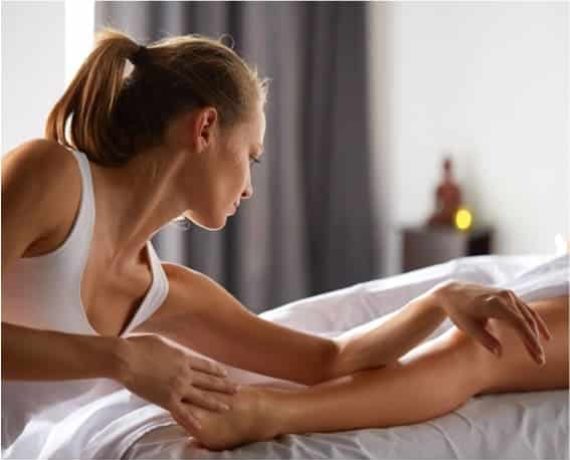Etiquette
These tips will help you understand what is expected of guests and staff, to help make your time in our day spas the most relaxing and tranquil experience it can be.
Health Concerns
Communicating with your massage therapist before a massage can help ensure that you have a safe and effective experience. Here are some important things to tell your therapist before your massage:
Medical Conditions: Inform your massage therapist of any medical conditions you have, such as high blood pressure, diabetes, or chronic pain. This information can help the therapist tailor the massage to your needs.
Injuries: If you have any injuries, such as a sprained ankle or a sore back, let your massage therapist know. They can work with you to avoid causing further injury and to provide relief for the affected area.
Allergies: If you have any allergies, particularly to lotions, oils, or scents, let your therapist know. They can use unscented or hypoallergenic products to ensure your comfort.
Preferences: Everyone has different preferences when it comes to massage. Let your therapist know if you prefer a certain pressure, if you want them to avoid a certain area, or if you have any other specific requests.
Expectations: If you have any expectations for the massage, such as wanting to relax or work out a particular muscle group, communicate these to your therapist. They can adjust the massage to meet your goals.
Feedback: During the massage, it’s important to communicate any discomfort or pain you may be feeling. Your therapist can adjust their technique to make sure you’re comfortable and getting the most benefit from the massage.
By communicating openly with your massage therapist, you can help ensure a safe and effective massage that meets your needs and expectations.
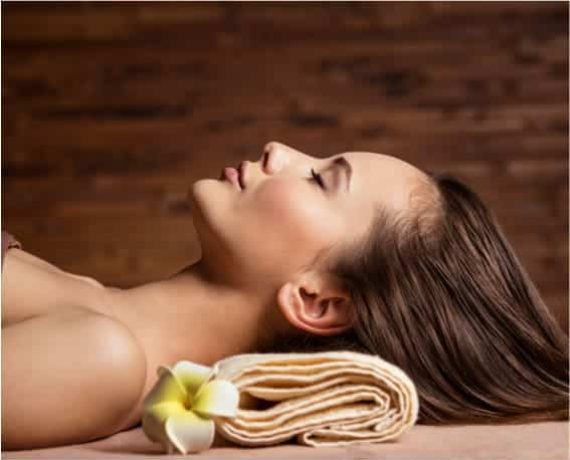
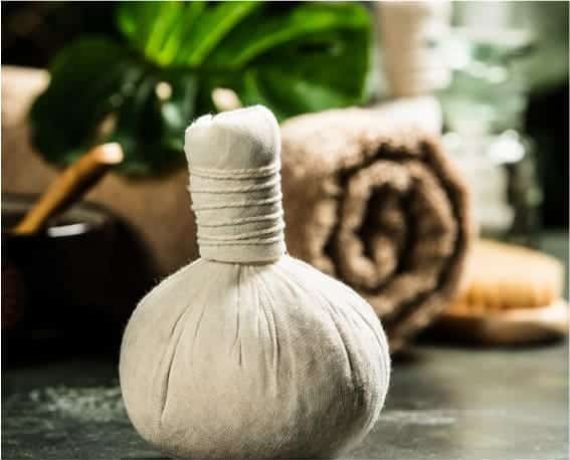
Spa Etiquette
Massage Wellbeing etiquette is an important aspect of the overall experience. Here are some more detailed guidelines to follow:
Arrive on time: Being on time for your appointment is important. Arriving late can cut into your treatment time, disrupt other guests’ appointments, and cause stress for everyone involved.
Turn off your phone: It’s important to disconnect from the outside world during your treatment. Turn off your phone or put it on silent to avoid disturbing others.
Speak up: Communication is key to getting the most out of your experience. Let the therapist know about any concerns, preferences, or health issues before the treatment begins. Also, don’t be afraid to speak up during the treatment if you’re uncomfortable or experiencing pain.
Be mindful of noise: Be respectful of other guests and keep noise to a minimum in common areas. Avoid loud conversations, and be mindful of your volume when using electronic devices.
Dress appropriately: Wear comfortable and appropriate clothing for your treatment. If you’re not sure what to wear, ask the staff for guidance. They may provide robes or towels for you to wear during your treatment.
By following these guidelines, you can help create a relaxing and enjoyable experience for yourself and others at Massage Wellbeing.
Children
Children over the age of 16 are allowed to receive a massage, as long as they are accompanied by adult who has signed a consent form. Here are some reasons why children over 16 may benefit in receiving a massage:
Increased awareness of their body: By the age of 16, children are often more aware of their body and can better communicate their needs and preferences to the massage therapist.
Health benefits: Massage therapy can provide numerous health benefits, including stress reduction, pain relief, and improved circulation. Children over 16 may benefit from these benefits, particularly if they are involved in sports or physical activity.
Relaxation: Many teenagers experience stress and anxiety, which can be relieved through massage therapy. A massage can help them relax and unwind, promoting a sense of calm and well-being.
It’s important to note that some massage techniques may not be appropriate for children, particularly if they have a medical condition or injury. It’s important to consult with a healthcare professional and the massage therapist to ensure that the treatment is safe and effective.
Overall, allowing children over the age of 16 to receive a massage can be a positive experience for both the child and the massage therapist. It’s important to discuss any concerns or questions with Massage Wellbeing before scheduling an appointment.
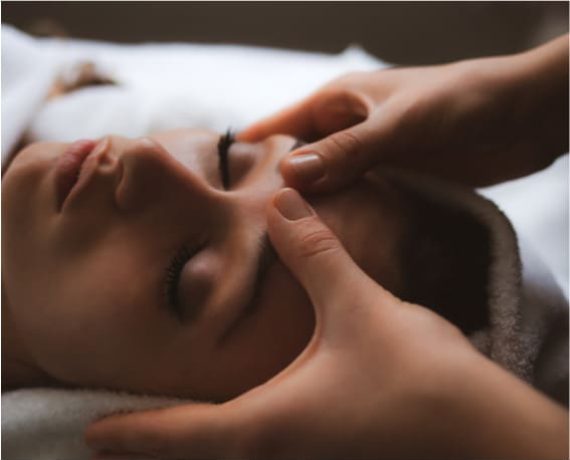
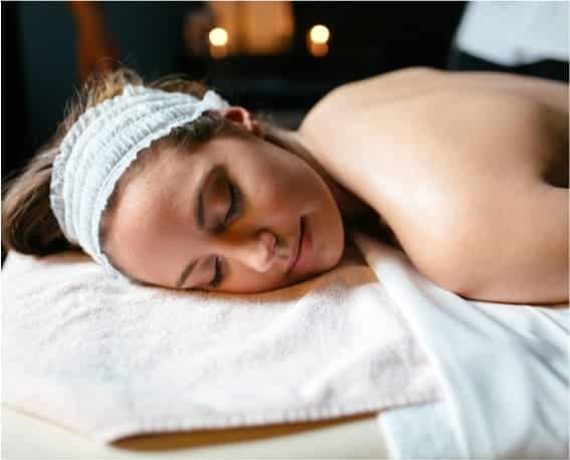
Reservations & Cancellations
Massage Wellbeing reservations and cancellations are important to ensure that the centre can accommodate all guests and maintain a schedule that works for everyone. Here are some guidelines to follow:
Book in advance: It’s best to book your appointment in advance to ensure that you can get the treatment and time slot you want. Many spas and massage centres can get booked up quickly, especially during peak hours.
Arrive on time: Arriving on time or a little early for your appointment is important. This allows you to check-in, change, and get settled before your treatment.
Give notice if you need to cancel: If you need to cancel your appointment, it’s important to give notice as soon as possible. This allows Massage Wellbeing to try to fill the spot with another guest. We have a cancellation policy, which requires you to give a 24 hours notice or incur a fee or full payment required.
Be respectful: If you need to cancel, be respectful of Massage Wellbeings policies and the staff’s time. If you can’t make your appointment, consider rescheduling for a later date.
By following these guidelines, you can help ensure a smooth and enjoyable experience for yourself and others at the spa or massage centre.
Spa Attire
Massage Wellbeings suggested attire can vary based on the treatment. Here are some more detailed guidelines to follow:
Consider comfort: Choose clothing that is comfortable and easy to move in. Loose-fitting clothing is often a good choice, as it allows for ease of movement and won’t restrict your circulation.
Be mindful of others: It’s important to wear appropriate swimwear in the sauna to ensure that you’re covered and that others are not made uncomfortable.
Dress appropriately for the treatment: Some treatments, such as massages or body wraps, may require you to undress or wear provided garments. It is suggested to wear comfortable and easy to undress clothing.
By following these guidelines, you can ensure that you’re dressed appropriately for your treatment and that you’re able to fully enjoy your visit to the spa or massage centre.
